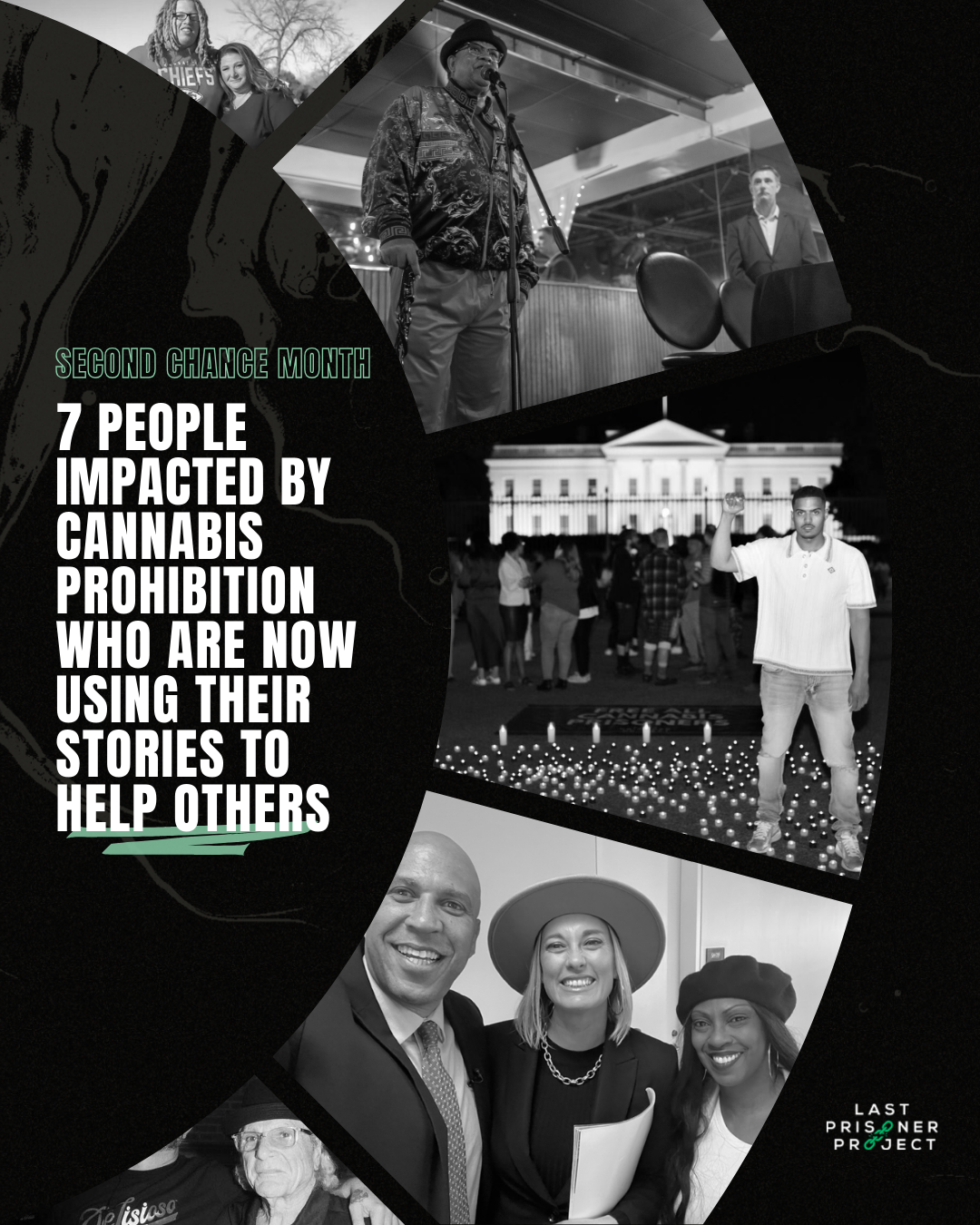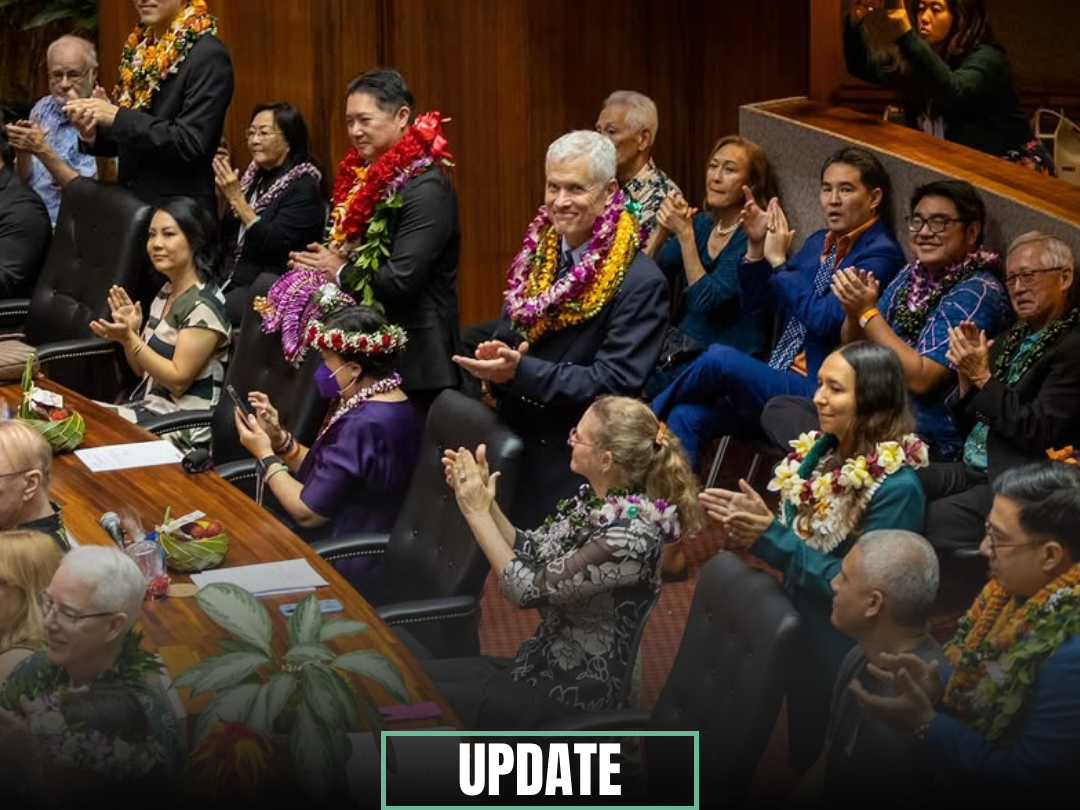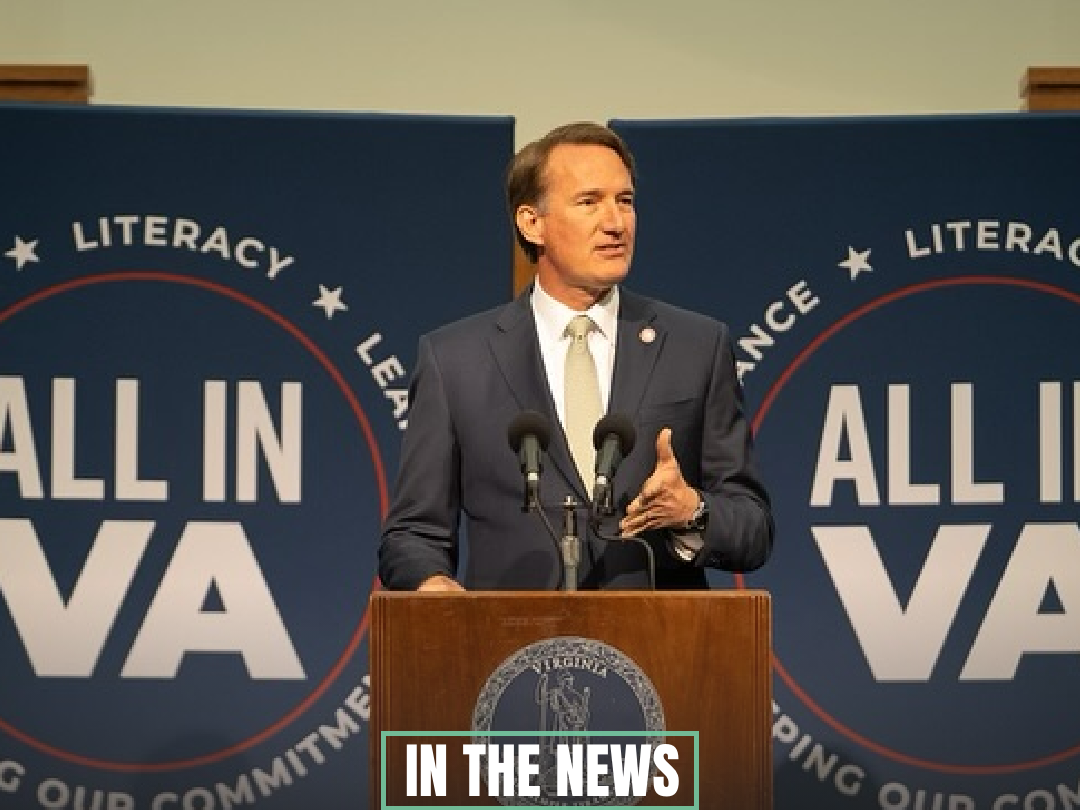Will Agency Appointees Align With Trump's Cannabis Views or Their Past Prohibitionist Stances
As Senate confirmation hearings continue to take place for several key agency appointees—including the RFK Jr. hearing for Secretary of Health and Human Services (HHS) and Pam Bondi’s confirmation vote for Attorney General on January 29—questions remain about whether these nominees will align with President Trump’s stated shift toward cannabis reform or default to their past prohibitionist positions. Each appointee will have considerable influence over federal cannabis policy, leaving advocates concerned about how their leadership might impact the future of cannabis in America.
RFK Jr. and the HHS Role in Scheduling Cannabis
As head of HHS, RFK Jr. would have the authority to shape how cannabis is classified and regulated at the federal level. Not only does HHS oversee the Food and Drug Administration (FDA), but it also has the power to make recommendations to the Department of Justice (DOJ) regarding the rescheduling or descheduling of substances like cannabis. Should RFK Jr. initiate a recommendation report to move cannabis to Schedule 3—or beyond to full descheduling—his decision could significantly alter the landscape of federal cannabis regulation. However, given his controversial health views and emphasis on conservative public health priorities, his approach to cannabis reform remains unclear.
Pam Bondi: Justice Department and Enforcement Decisions
Pam Bondi, as Attorney General, would wield critical authority over how cannabis laws are enforced. While HHS evaluates the science and makes recommendations, the AG has the ultimate power to reschedule, deschedule, or decontrol cannabis under the Controlled Substances Act. Bondi would have significant oversight of any rescheduling decision and any federal enforcement of criminal penalties against state-legal cannabis operations, prosecution of federal cannabis crimes, and the ability to fight against or support efforts for individual clemency petitions of those incarcerated in federal prison for cannabis crimes.
Bondi’s history of tough-on-crime policies, particularly as Florida Attorney General, raises concerns about how her leadership would affect federal prosecution of state-legal cannabis businesses and individuals incarcerated for cannabis-related offenses. Advocates will also be watching closely for signals regarding her stance on clemency for individuals serving federal cannabis sentences.
The DEA and Derek Maltz’s Appointment
As the next DEA Administrator, career official Derek Maltz brings a history of skepticism about cannabis reform. His appointment comes at a time when the DEA’s rescheduling process is under scrutiny for allegations of mishandling evidence and lacking transparency. While Trump’s campaign rhetoric hinted at a more permissive stance toward cannabis, it remains to be seen whether Maltz will embrace reforms or reinforce punitive drug enforcement policies. Advocates hope he aligns with Trump’s push to reschedule cannabis and explore its medical benefits rather than uphold decades of resistance to reform.
FDA Commissioner Marty Makary’s Challenge
The FDA, under Commissioner Marty Makary, will play a pivotal role in determining scientific and regulatory standards for cannabis-derived products. As a vocal critic of marijuana, Makary has perpetuated outdated narratives, including the gateway theory and concerns about cannabis’ effects on mental health and cardiovascular health, particularly for adolescents. While he has acknowledged some medical benefits of THC, his focus on potential risks and skepticism toward legalization signals a cautious, if not resistant, approach to federal cannabis policy. Given the FDA’s significant regulatory authority over cannabis products, Makary’s leadership could shape the industry’s future. This influence may impede progress toward evidence-based policy and undermine efforts to align federal regulations with state-level cannabis legalization, creating uncertainty for consumers, businesses, and advocates alike.
The appointments of RFK Jr., Pam Bondi, Derek Maltz, and Marty Makary come as the federal government faces mounting pressure to address the inconsistencies and harms of cannabis prohibition. Whether these leaders will fulfill President Trump’s campaign promise to end punitive cannabis enforcement—or fall back on outdated prohibitionist stances—will determine the future of cannabis reform in the U.S.
With lives on the line and bipartisan support for legalization growing, these hearings represent a critical opportunity for Congress and the American public to demand clarity and accountability from these key nominees. How they lead—or fail to—could shape cannabis policy for years to come.
We look forward to working with the administration new appointees to ensure no one remains in prison for cannabis activity that others freely profit from and pass common sense cannabis reforms.



The Last Prisoner Project. All rights reserved.
Last Prisoner Project is a 501(c)(3) tax-exempt organization with EIN 83-4502829. Mailing address: 1312 17th St #640 Denver, CO 80202. Our governing documents and conflicts of interest policy can be found here. Our Privacy Policy can be found here.
Website built on KUSHY



